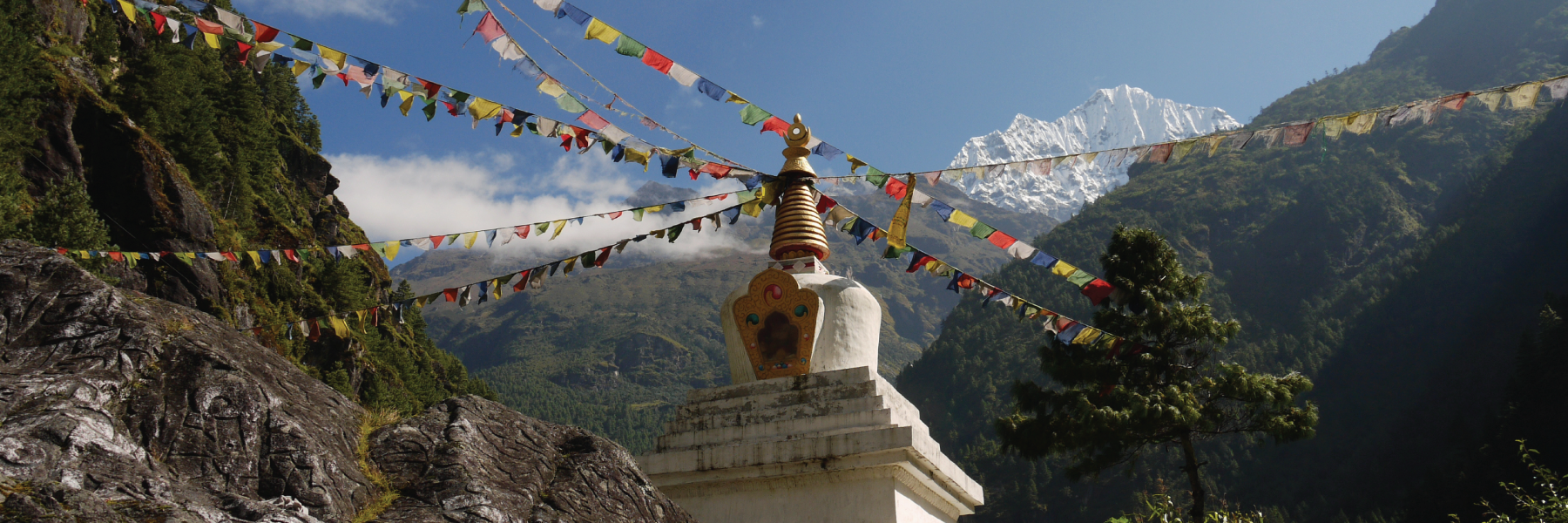Microgrids for Rural Development, Exploring Renewable Energy Solutions (3cr.)
Places you will visit during the Nepal program
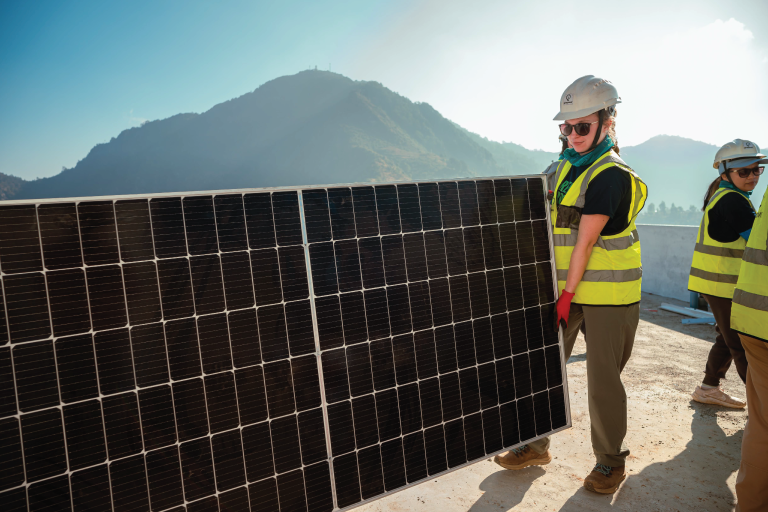
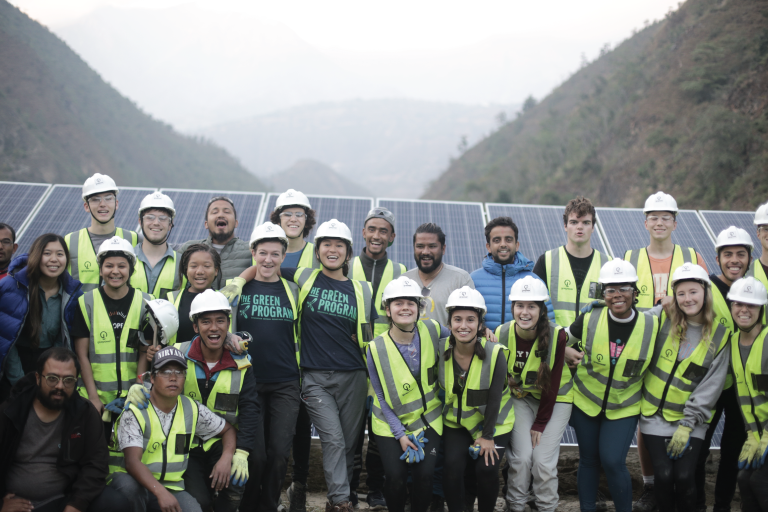
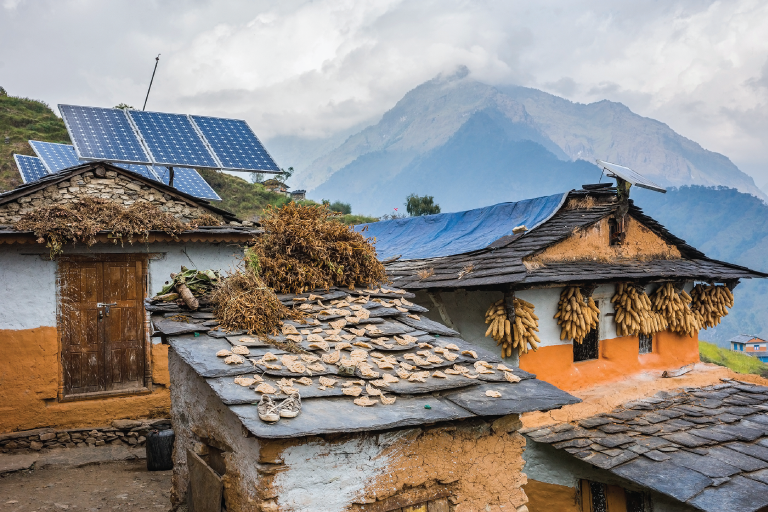
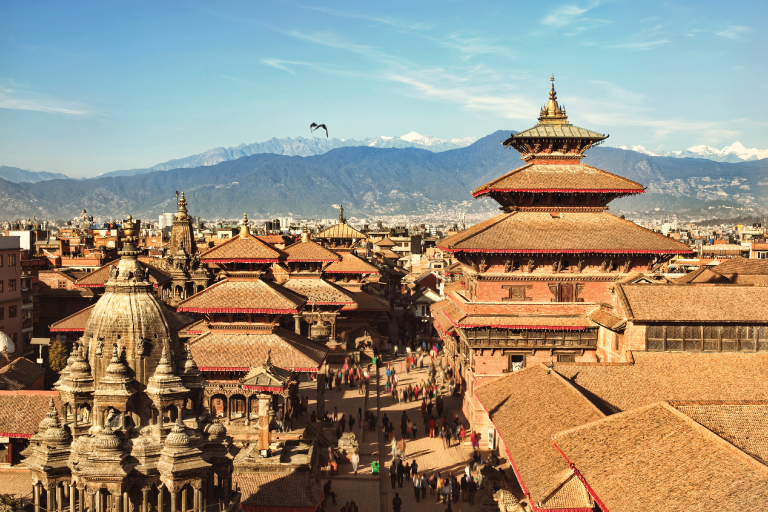
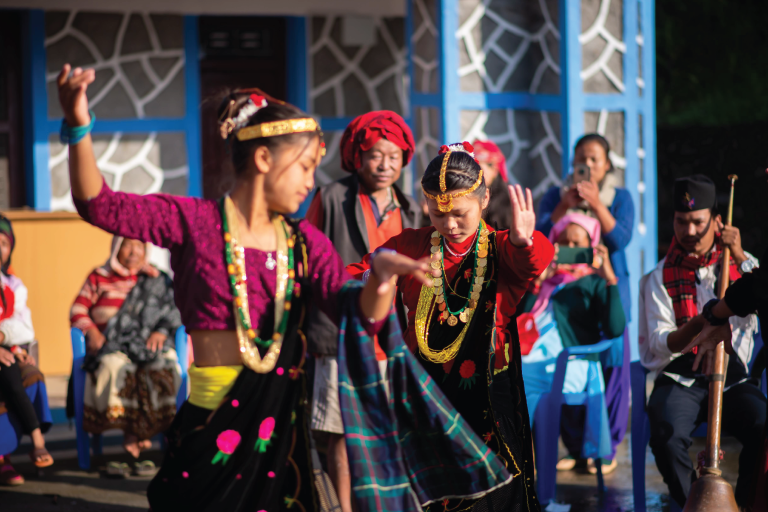
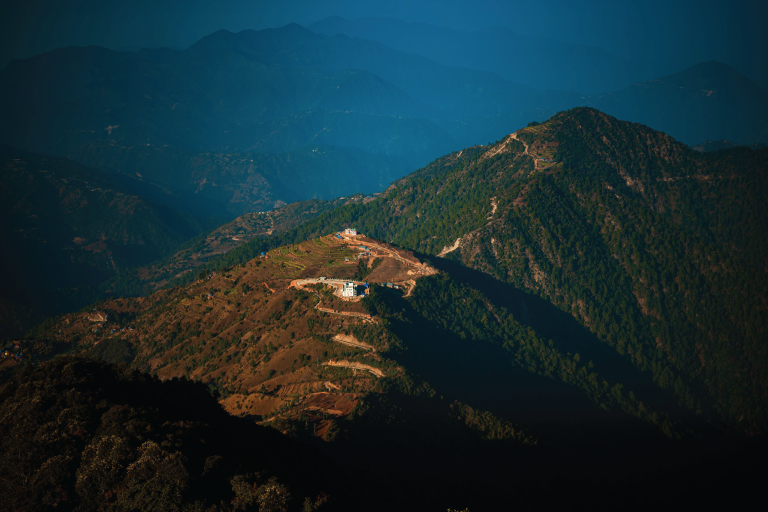
Learn more about the O’Neill in the Nepal program
May 10 - May 20, 2025
V482/V582; E482/E582 – Microgrids for Rural Development, Exploring Renewable Energy Solutions (3cr.)
Program Director: Amber Greaney
This course is jointly offered by the O'Neill School and The GREEN Program, a sustainability-focused experiential education organization. The course offers a multifaceted exploration of microgrid systems and their pivotal role in addressing energy challenges within Nepal’s rural communities. Students will analyze the role of alternative energy and its practicality, adaptability, and impact in rural societies of developing countries. Participants will study a rural village of Nepal and discover how solar energy is impacting the development of local communities and their livelihoods. Through hands-on education about microgrid system design, participants will execute off-grid solar field project planning and installation.
*This course counts for 3 credits of Field Experience for BSES students.
IUB O'Neill Undergrads: This course is under review for how it can count in your major. Check back!
A unique aspect of this course is the field work and research aspect - students will learn about solar microgrid technologies and then actively participate in a community installation of a solar microgrid alongside local organizations.
Planned cultural excursions include visiting a UNESCO World Heritage Site, Patan Durbar Square led by a local historian, and a walking tour of Kathmandu. Other organized cultural activities, such as basic language lessons, trying local cuisine, and taking a yoga class where Yoga originated, will allow students to actively engage with Nepali culture and learn from local experts.
While the program starts and ends in Kathmandu, students will have the opportunity to stay with local families for 3-4 days in a village homestay while making an impact by providing electric access with a solar microgrid installation. This program experience will provide an authentic glimpse into daily life, customs, and traditions of rural Nepali communities as well as allowing students to see first-hand how renewable energy impacts local communities.
The lodging for the majority of this program will be Kathmandu Guesthouse. Students will each have their own bed and will share rooms, usually about 2-3 students per room. Food is generally within walking distance from the guesthouse; breakfast is included at the hotel (buffet breakfast).
For the homestay part of the program, students will stay in a family's home in a local village. Each homestay has separate rooms for our group to stay in, about 2-3 students per room. Program guides/staff will be split up amongst the group to stay with the students as well. The homestay is a rustic accommodation experience with basic necessities. There is running water, however it might be cold showers and squat toilets.
All breakfasts, lunches, and dinners will feature local cuisine and are included on the program.
All O’Neill International programs are academic, credit-bearing courses that take place abroad. As such, your bursar will be charged two amounts for participation in this program:
- Program Fee for O’Neill in Nepal (made in two payments)
- Tuition for the course (3 credits at your normal IU-Bloomington tuition rate)
2025 Program Fee: $3,400
The Program Fee for this program includes:
- Lodging for 10 days in Nepal
- Site visits and guest speakers
- Cultural excursions
- Guided field work experience
- All meals (breakfast, lunch, and dinner) starting upon arrival in-country
- International health insurance
The Program Fee will be charged to your IU Bloomington Bursar account in two installments:
- A $550 non-refundable pre-payment will be charged shortly after you confirm your participation in the program
- The remaining balance will be charged in March prior to departure
For a full breakdown of costs, please see the Nepal fee sheet.
Tuition: 3 credits paid at your IU-Bloomington tuition rate
Students will pay for 3 credit hours of tuition based on their student status (resident/non-resident, graduate/undergraduate, etc.) on the Bloomington campus.
Additional Costs
Students will pay for their own flight to and from Nepal, meals that are not included in the Program Fee, and other personal incidentals.
For a full breakdown of estimated costs, see the O'Neill in Indonesia fee sheet which will be available here soon.
Scholarships
The O’Neill International Office offers several scholarships to support students studying abroad. The O’Neill International Equal Opportunity Scholarship is a need-based award available to help O'Neill students from IUB and IUI to be able to study abroad. Please visit our scholarship page for eligibility requirements and application deadlines. Other need and merit-based scholarships are available on a competitive basis. Students are encouraged to apply widely to all scholarships they are eligible for. Please email us at oio@iu.edu if you want help navigating different funding resources.
The GREEN Program provides partial scholarships ($1,000 scholarships) for underserved and underrepresented students who are in need of financial assistance. Women in Engineering who are interested in attending this program in Nepal are encouraged to apply to The GREEN Program's Shine On Scholarship (up to $4,000 scholarships). Learn more and apply to The GREEN Program's scholarships here.
Undergraduate and graduate students from any IU campus. Students must be in good academic standing (i.e. not on academic or disciplinary probation). Please meet with your advisor to determine how this course can count toward your academic progress at IU.
During the application period (November 1 - December 8) an "Apply Now" button will be available at the top of this page. You will need to submit the online application by 11:59pm on December 8.
Please review our detailed application instructions!
If you have any issues or questions throughout the application process, contact us via email: oio@iu.edu
- Ability to Walk Long Distances Daily: Participants should be prepared to walk at least 3-5 miles each day, often in urban areas or on uneven terrain such as cobblestone streets.
- Ability to Walk on Uneven Ground and Climb Stairs: Some excursions may require walking on uneven ground or cobblestones and managing multiple flights of stairs at once. A basic level of fitness is necessary.
- Ability to Manage Stressful Situations: Students should be able to navigate stressful situations such as crowded areas, time zone changes, language barriers, and group travel dynamics.
- Ability to Adapt to a New Culture: Willingness to embrace a different culture and step outside one’s comfort zone is essential. Students should be prepared to adapt to new customs, food, norms, and environments.
- Ability to Navigate New Cities Independently: Participants should feel comfortable navigating new cities in small groups, using maps or public transportation.
- Ability to Stay Calm and Focused in Unfamiliar Environments: Students may encounter unfamiliar situations such as navigating airports, public transportation, or crowded cities. The ability to stay calm and focused is important.
- Ability to Identify and Cope with Personal Stressors: Understanding one’s own stressors (e.g., travel fatigue, group dynamics) and employing coping mechanisms is essential for a smooth experience.
- Ability to Adjust to Language Barriers: Students should be open to learning key phrases in the local language (e.g., ordering food, asking for directions).
- Openness to Embrace Group Dynamics and Teamwork: Programs often involve group work, requiring openness to grow as a team member, listen to others, and share responsibilities.
- Willingness to Broaden Perspectives: A core part of the experience is expanding one’s worldview. Students must be willing to broaden their perspectives and learn about new cultures, even if it challenges their existing beliefs.
A mind that is stretched by a new experience can never go back to its old dimensions.
— Oliver Wendell Holmes


